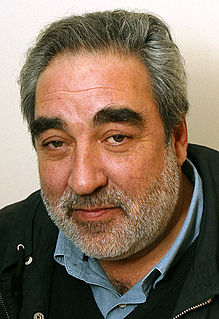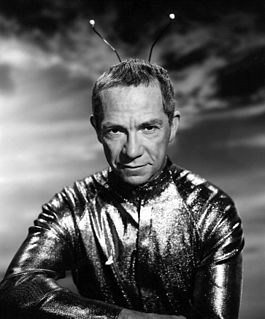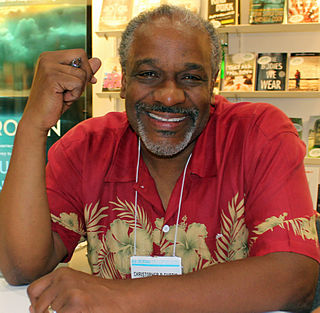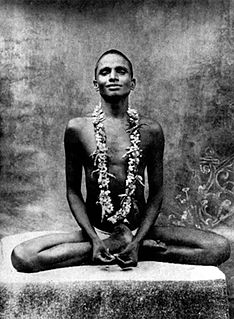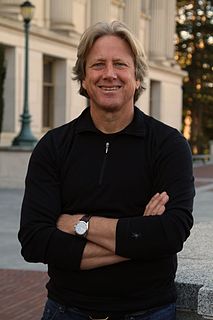A Quote by Kelly Link
The initial spark usually has something to do with panic -- I'm due to turn in a story to a workshop or an editor. It's a terrible working method.
Related Quotes
A year after I'd graduated college, I went to a weeklong conference intensive in Boston, and that's when things kicked into high gear. My workshop leader was a Harvard professor and editor. At the end of the week we met one-on-one over breakfast, and she said, in essence, "Look, you're ready to turn pro." She gave me a list of literary agents to query once I had something to show them. I came home and wrote my first real novel, and the agent that sold it to Tor Books was on that list.
It's great to create a story and then to submit it to your editor and see what her reaction is to it. It's great to have your editor tell what her suggestions and ideas for the story are. It's great to explain to your editor why her ideas and suggestions are bizarre and to ask her why is she trying to ruin my story.
It seems to me that there is a good deal of ballyhoo about scientific method. I venture to think that the people who talk most about it are the people who do least about it. Scientific method is what working scientists do, not what other people or even they themselves may say about it. No working scientist, when he plans an experiment in the laboratory, asks himself whether he is being properly scientific, nor is he interested in whatever method he may be using as method.
My last point about getting started as a writer: do something first, good or bad, successful or not, and write it up before approaching an editor. The best introduction to an editor is your own written work, published or not. I traveled across Siberia on my own money before ever approaching an editor; I wrote my first book, Siberian Dawn, without knowing a single editor, with no idea of how to get it published. I had to risk my life on the Congo before selling my first magazine story. If the rebel spirit dwells within you, you won't wait for an invitation, you'll invade and take no hostages.
I have a great editor and I enjoy, in a masochistic way, being ruthless about my own performance. How do I know, but I think I'm quite good at saying, "That's no good. That's no good. That's it. That's it. That's good." And I'm with the editor who goes, "No, I think you're wrong. That's not your best." There's an initial point in the editing, if you're directing yourself, especially in my case, where you go, "Ouch, ouch, ouch, I can't watch this." And then, there's a point where you become hard-nosed and just take your neurosis away and go, "What's working? That's okay. That's okay. We can lose that, and lose that." You get objective about it.
If you have that spark that inspires other people, if you have a spark that gives resources to other people, that shares in really collaborative fashion, a spark of wit that kind of tells a story that gives people novel perspective of something, that's the kind of charisma that really leads to lasting power. It's not the kind of charisma that's seductive and self-aggrandizing. It's really a sort of a kind of social energy that really brings about the best in other people.

